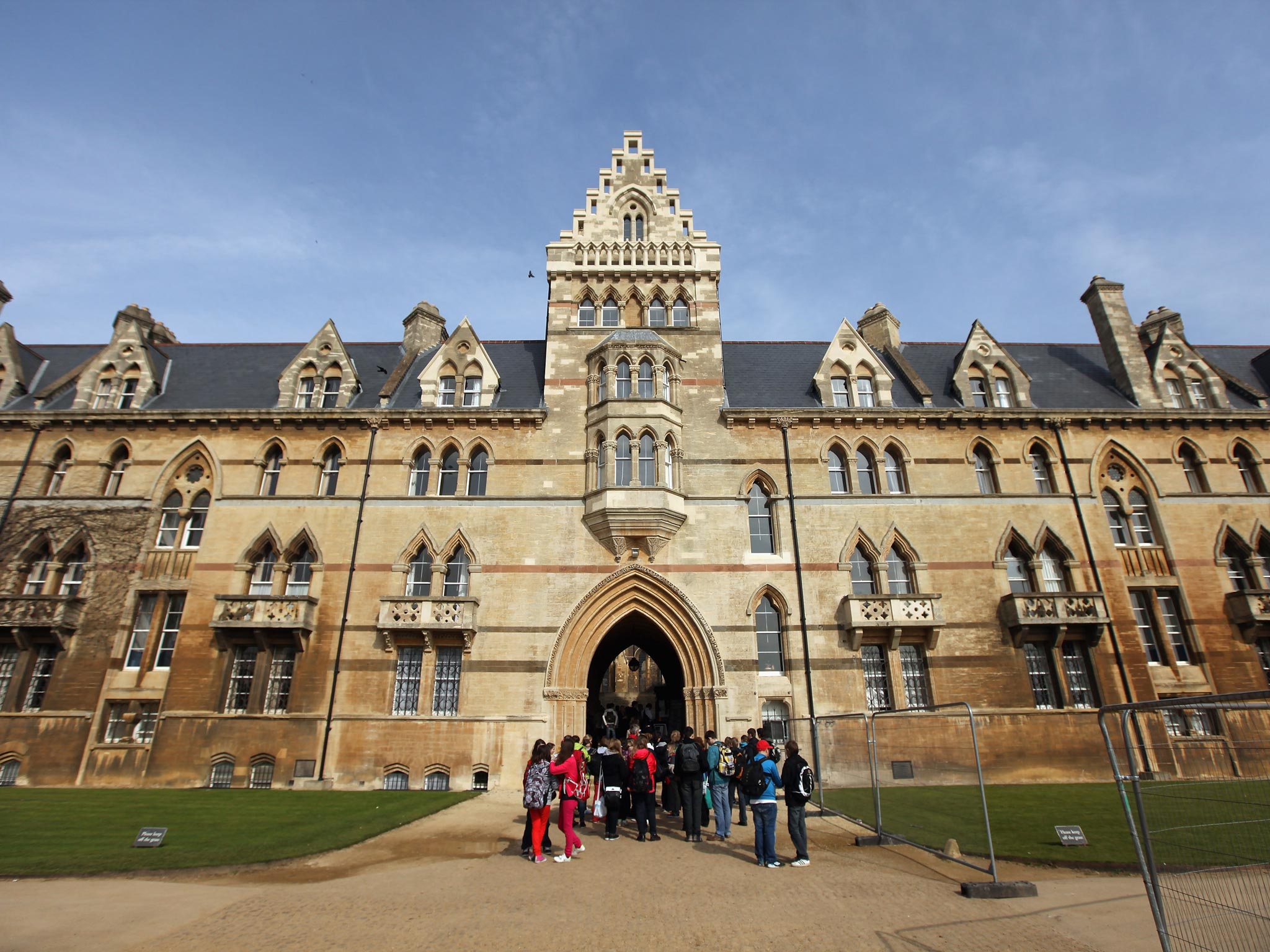Oxford University dons to strike?
Three unions representing academic staff are balloting on industrial action over pay

Oxford University is facing a don strike, as academic staff ballot on industrial action. Classes, lectures and tutorials with leading academics at the centuries-old institution could grind to a halt this autumn, with three major unions representing academic staff currently polling their members.
The University and College Union, which represents academics, lecturers and researchers, has declared itself ‘in dispute with the University of Oxford’ over its members’ wages. They have been joined by Unite and Union in balloting their members over the prospective Oxford strike.
Dr John Parrington, fellow of medicine at Worcester College, said: “I and other lecturers are being driven to ballot for strike action because of the disgraceful way in which we are (not) being rewarded for our hard work as lecturers.”
Industrial action could even begin this term, according to a prior consultative ballot. The dispute stems in part from the university’s recent use of zero-hour and non-permanent contracts.
In an email to its Oxford members, the UCU stated that ‘members are urged to vote for both strike action and action short of a strike’. According to the UCU, its members ‘have suffered four consecutive years of pay cuts and seen their pay drop by 13 per cent in real terms.’
Their Notice of Intention to Ballot was issued to higher education institutions including Oxford earlier this month, with the ballot to close on 10 October.
Kellogg College’s Dr Gajendra Singh also spoke in support of strike action, claiming that ‘the fight for pay is not just a narrow sectional issue. It is about defending against the further neo-liberalization and casualization of academia’.
However, there is not unanimity amongst Oxford’s academics. Another fellow, who wished to remain anonymous, said that he would ‘be extremely surprised if there were enough union members in Oxford to make a strike effective’.
“An Imperial College Business School report published recently calculated that universities generate anything from 30 to 60 billion pounds per year, or two to four per cent of the UK gross national product,” Dr Parrington said. “And yet the lecturers who create this wealth are suffering pay cuts while the banks get billion-pound bailouts.”
Student support is expected by the academics. Sarika Sharma, Oxford University Labour Club’s women’s officer, claimed that ‘strikes are the last resort for our community of hard-working and world class academics; their plans are a reaction to unjust and severe attacks on pay and conditions. Students should be mindful of this and offer their full support in the event of strike action’.
The university declined to comment.
Join our commenting forum
Join thought-provoking conversations, follow other Independent readers and see their replies
Comments
Bookmark popover
Removed from bookmarks